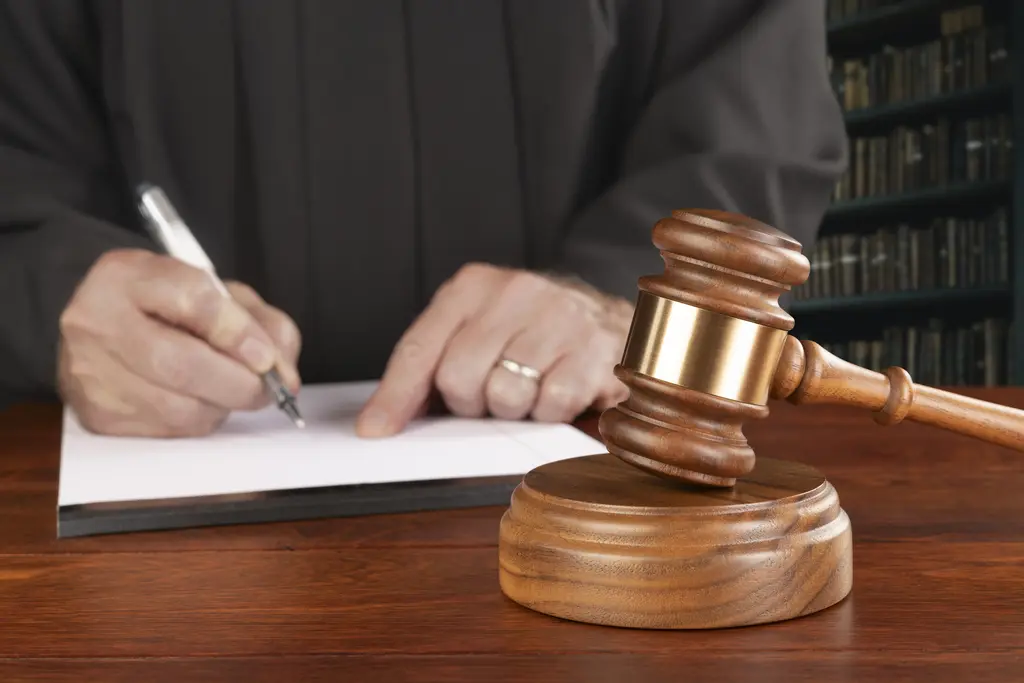 Testifying in Court in Phoenix, Arizona
Testifying in Court in Phoenix, ArizonaBeing a defense witness in a criminal case is, without a doubt, one of the least attractive roles one may play in a criminal case.
This is often owing to the fact that if a defendant is found guilty of a felony offense, they may face harsh repercussions.
However, there are situations when it may be essential to submit evidence on behalf of a defendant to get the best possible outcome. Then you should be aware of what to anticipate in court and how to prepare for the trauma in case you are called upon to testify.
You should also be conscious of some fundamental guidelines for your position as a witness for the defense.
If you or someone you know has been charged with a crime in Arizona and you stand by their innocence, here is what you may anticipate in court as well as some advice if you want to testify in your defense in court.
The first court appearance of a person being charged with a crime will occur when the defendant is apprehended and charged with a felony.
In certain instances, the defendant may already be charged with any crime at the time this occurs.
If such is the case, the court will assign a counsel to represent him throughout this proceeding. The defendant’s counsel will determine bail.
The judge must choose whether to establish bail and how much bail to set. If the defendant has no prior criminal history, he may be released on his own recognizance.
The courthouse will be packed and chaotic, with all prosecution witnesses seated behind a railing and all defendants and their attorneys seated on one side of the chamber, separated from the rest of the courtroom by a “rail.”
It’s a daunting place to start, even more so if you are appearing in favor of a defendant who has just been charged with a criminal violation.
Consider your words before speaking. Exaggeration may jeopardize your testimony in these hearings.
Please dress business casually or as you would at church. This adds to your credibility. Please refrain from wearing jeans, t-shirts, or shorts. Dresses should be modest in length and not too fitted. If in doubt, consult your attorney before wearing anything to court.
Cover tattoos with proper attire wherever feasible. Even a beautiful tattoo may be deemed offensive by the court or juries. As a general guideline, avoid giving people an additional reason to assess you as excellent or terrible.
Please refrain from wearing anything bright or flashy. As with tattoos, excessive jewelry may lead to prejudiced conclusions about you by the court or jury. Less is more. Small, charming, and traditional; that’s how we need to present ourselves.
Before you begin answering any questions, take a deep breath to relax. Avoid distracting behaviors throughout your testimony. While testifying, refrain from chewing gum.
Just answer the question that has been posed. Make no voluntary disclosures or more information. Provide a precise response to a specific inquiry. Complete your sentences.
You have the option of having the question repeated or rephrased. If the attorney wrongly repeats your response, correct it immediately.
Allow the attorney to complete the inquiry before responding. Wherever applicable, just respond with a yes or no.
Additionally, it is acceptable to respond, “To address the first portion of your question,”
You are not required to express an opinion or draw conclusions about facts unless specifically requested.
Make no guesses. Provide as much detail or as little as your memory permits. Unless specifically requested, do not explain your responses. Indicate if you are quoting or paraphrasing anything you heard.
The court will choose whether or not you should respond to the inquiry.
Regardless of how disrespectful the opposing attorney seems or how upsets they make you, refrain from arguing with them.
Remember to avoid smiling or acting unhappy as you approach the witness stand. While speaking, maintain eye contact with the jurors. Rather than attempting to remember your testimony, just recount what occurred in your own words.
Avoid using the phrases “I believe” or “I think.” These expressions communicate to the judge and jury your lack of confidence and apprehension over your testimony. Avoid using absolutes such as “Always” or “Never” in your responses, and be cautious of inquiries that include such phrases.
However, if something is amusing, it is acceptable to laugh or express the right emotion in front of others. Even though you are testifying on the witness stand, you are still human.
You must be honest. You should not be hesitant to state in court that you discussed the matter with the police, your attorney, your family, and your friends. It is acceptable to say whether you spoke with the prosecution or defense counsel about the matter. If you discuss the case but do not disclose it, your testimony may be tainted. If the other attorney inquires about who you talked with on the matter, it is OK to disclose who you spoke with.
It is OK to feel anxious. Prepare yourself and examine any reports or notes you have created. Consult defense lawyers about your testimony. Additionally, please bear the preceding guidelines in mind before testifying.
If you know of someone who has been accused wrongly of a crime, you should immediately call a Phoenix criminal defense lawyer from Snader Law Group LLC.
Your testimony may be critical; it may very well be the deciding factor in determining whether or not an accused person is convicted of a crime.
Our top criminal defense attorneys can investigate this potential defense and help you satisfy any procedural requirements or deadlines set by the court.